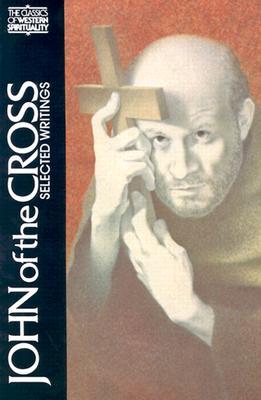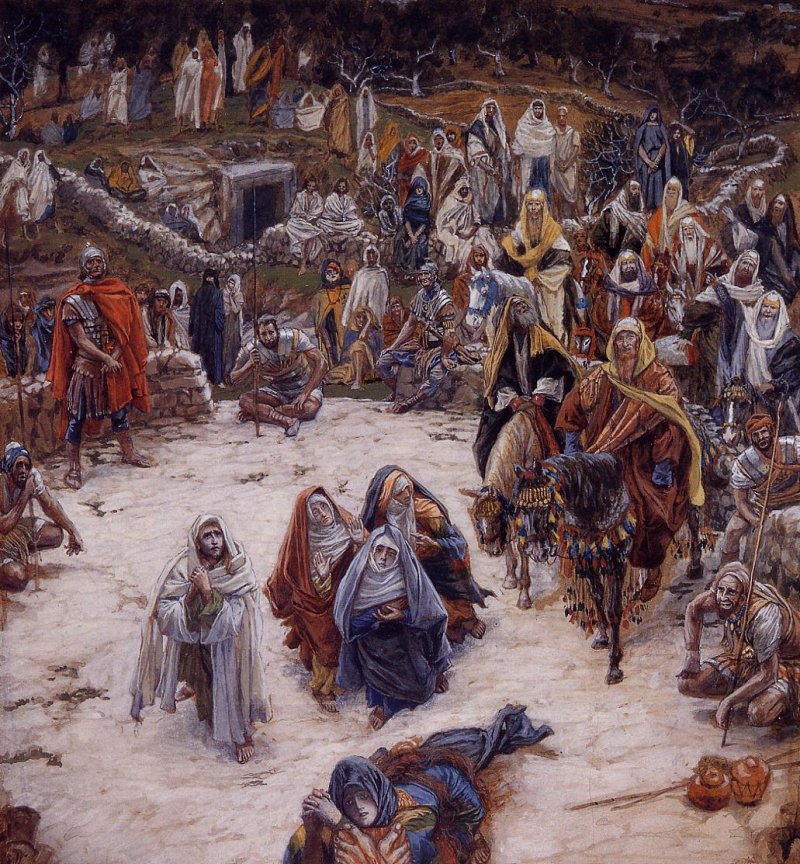
I broached the theme of silence in my last post in an extended quote from Remi Brague’s Wisdom of the World where he cites Ignatius of Antioch to the effect that, “the prince of this world was unaware of Mary’s virginity and the birth of her child, as well as the death of the Lord, three resounding mysteries that were carried out in the silence of God.”
Nowhere in modern literature is God’s taciturnity more unforgettably presented than in Shusaku Endo’s Silence:
“They were martyred. But what a martyrdom! I had long read about martyrdom in the lives of the saints—how the souls of the martyrs had gone home to Heaven, how they had been filled with glory in Paradise, how the angels had blown trumpets. This was the splendid martyrdom I had often seen in my dreams. But the martyrdom of the Japanese Christians I now describe to you was no such glorious thing. What a miserable and painful business it was! The rain falls unceasingly on the sea. And the sea which killed them surges on uncannily—in silence…I myself to do not quite understand. Only that today, when for the glory of God Mokichi and Ichizo moaned, suffered and died, I cannot bear the monotonous sound of the dark sea gnawing at the shore. Behind the depressing silence of this sea, the silence of God… the feeling that while men raise their voices in anguish God remains with folded arms, silent.”
It should be interesting to see how Scorsese’s much delayed film version will measure up to the original. Scorsese has obsessed with portraying decadent communities that copy–Richard Blake calls the copies afterimages–the structures and rituals of Catholic community. The priestly training of the director and his fascination with apostasy also gives me a modicum of hope he’ll deal with some of these disturbing questions seriously. It will be difficult since he’ll also have to contend with Bergman’s treatment of the topic in the film The Silence (not based on Endo’s book) and the 1971 version of the novel whose script was written by Endo. All I know is that the making of such a film should be one hell of a challenge given how close the book’s narrative touches upon themes central to Christian theology.

You will not find anything to ask or desire of me through revelations and visions. Behold him well, for in him you will uncover all of these already made and given, and many more
Archbishop Sartain’s talk at the UW Newman Center yesterday reiterated a need to return to silence (and my own need to write this post, because it’s been percolating in my mind for a while).
The archbishop built a bridge between the news about the upcoming film and the Brague quote by paraphrasing one of his favorite passages from St. John of the Cross:
“If I have already told you all things in my Word, my Son, and if I have no other word, what answer or revelation can I now make that would surpass this? Fasten your eyes on him alone because in him I have spoken and revealed all and in him you will discover even more than you ask for and desire … I have already spoken, answered, manifested, and revealed to you by giving him to you as a brother, companion, master, ransom, and reward …If I spoke before [through priests and prophets in the Old Testament] it was to promise Christ … [But if people asked God to speak to them now or ask for visions] they would offend my beloved Son deeply because they would be obliging him to become incarnate and undergo his life and death again. You will not find anything to ask or desire of me through revelations and visions. Behold him well, for in him you will uncover all of these already made and given, and many more … My Apostle proclaimed this in writing to the Colossians: ‘In the Son of God are hidden all the treasures of the wisdom and knowledge of God’ (Col 2:3).”
Remi Brague works on the comparative implications of this passage from John of the Cross in his last book translated into English, On the God of the Christians. Brague suggests how the Christian picture of God differs from the pictures of God held by other “monotheistic” religions “of the book” through comparing the Hebrew Bible and the New Testament in this way:

“In the old alliance, God seems closer to man than in the new alliance. He intervenes by deeds that are more easily ‘read’ as divine than those reported by the New Testament. His exploits are more spectacular. Medieval Jewish apologetics knew how to make hay of this argument: the liberation of the people held captive in Egypt, the scourges that struck the Egyptians, crossing the Red Sea, manna coming down from heaven for forty years–miracles that occurred before six hundred thousand witnesses–are hardly deniable. Whether these events really happened or not, the narrative of them is much more grandiose than anything the New Testament offers: healings of individuals, miracles done among a small circle, this without much in the way of witnesses, the resurrection of Jesus itself, which no one saw occur, even if witnesses claimed to have seen the resurrected one appear to them. The Old Testament contains much more that is ‘marvelous’ than the New Testament, which seems in comparison rather flat. The observation has been often made, starting with the Church Fathers who spoke of the ‘humble manner of speech’ (sermo humilis) of the New Testament.”
Brague gives this striking summary to the comparison:
“John of the Cross recognizes a paradox: the new law seems to be the opposite of a progress over the old law, rather a regress. The divine is not brought closer, but distanced. The fullness of revelation represents a disenchantment. To add to the injury: what was formerly permitted is henceforth forbidden [frequent and easy conversation with God].”
In the final analysis could it be that a blabbing God might be much more theologically problematic for Christians than a silent one? My friend MIchael Gruber has continually reminded me how tame Christian portrayals of the Crucifixion are compared to the reality.
He claims that those who were crucified (nude, of course) not only defecated (from the stretching of skin and pain), but also that the whole process gave them erections, and that the crowds used to amuse themselves by tossing the feces at the erect members. How is that for what Endo called a “miserable and painful business”?
Leaves you speechless, doesn’t it?
Talk about a real challenge for liturgists!

James Tissot, Vision from the Cross, 1886.











